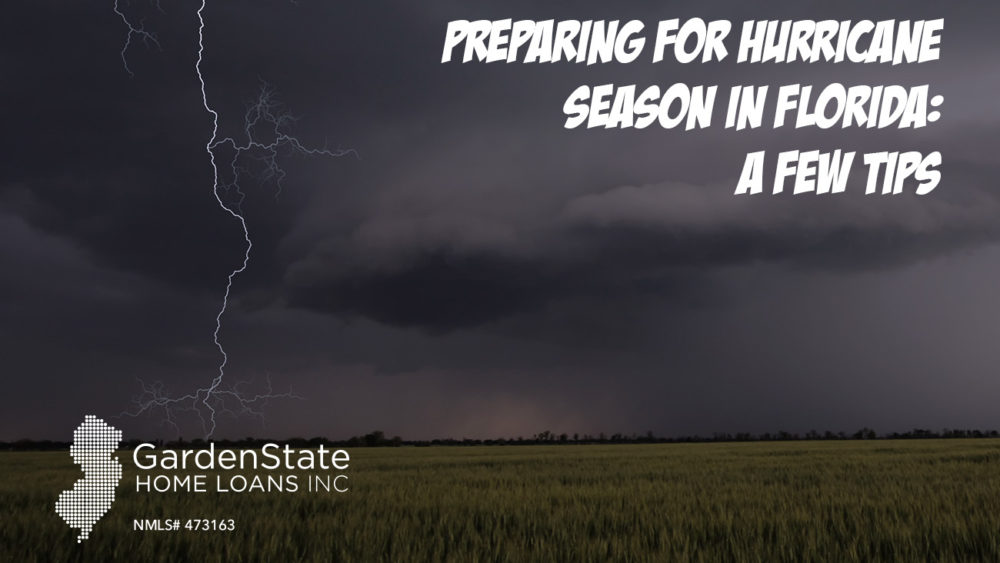
In Florida, summer time means hurricane time. According to the National Oceanic and Atmospheric Administration (NOAA), the Atlantic Ocean’s 2017 hurricane season will be out of the ordinary, predicting 11-17 storms. Of those 11-17 storms, 2-4 of them will be major hurricanes.
Florida is a high risk area for hurricanes, having the highest chance of a hurricane hitting in the country at 51%. Florida cities such as Miami, Key West, and Tampa are even more susceptible to hurricanes, due their geographic locations and sea-levels. Hurricanes can do plenty of damage, given the strong winds and rain capable of causing mass destruction and flooding throughout an area. Worried about your home’s safety? Read on!
Hurricane Preparation Tips:
1. Protect Your Home
In a Category 5 storm, hurricane winds of up to 155 miles per hour. Protect your home by installing storm shutters or plywood on your windows. For doors, use foot and head bolts for an extra layer of defense. Hurricane straps or clips can be used hold down the roof to the walls of your home. These straps can also be used for garages. Establish and create a safe room that can withstand debris and strong winds.
2. Outdoor Dangers
Trim and cut down any dead or damaged branches. Be sure to remove any tree limbs that hang over your house, as they may fall in the strong winds and cause damage. Check that your rain gutters are functioning properly. Remove loose or clogged rain gutters and downspouts – these add extra pressure to outside awnings. Furthermore, move all lawn furniture, outdoor toys, gardening tools, and trashcans inside and away from any exits or stairways.
3. Supplies
Pack an emergency supplies kit in a water-proof container. Include enough supplies to last a minimum of 3 days for each person. Be sure to include items like water, clothes, jackets, a manual can-opener, canned and non-perishable food, flashlights, lanterns, batteries, blankets, and sleeping bags.
Also be sure to include any important paperwork. This may include birth and marriage certificates, emergency contacts and numbers, security and bank information, credit cards details, etc.
4. Take Care of Your Health
Also in the emergency supplies box, include a first aid kit with bandages, adhesive tape, and moist towelettes. In addition, include any personal medication and medical devices. Asthma inhalers, pacemakers, pumps, and other devices are extremely important to have while in an emergency situation. Additionally, don’t forget any other medically necessary items such as walkers, wheelchairs, and hearing aids.
5. Stay Attentive and Be Proactive
Keep an eye on the radar and incoming weather. Listen to announcements and try to evacuate if possible. Before or during the storm, stay on the look out for police and service workers. They are working to assist those in need.


Comments are closed.